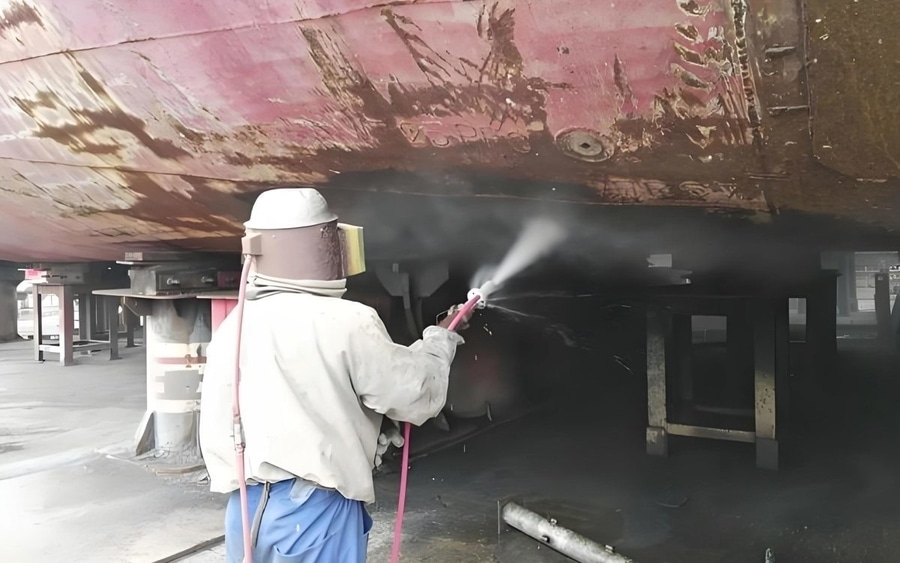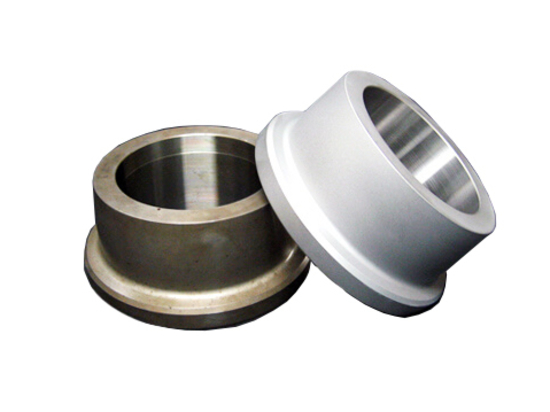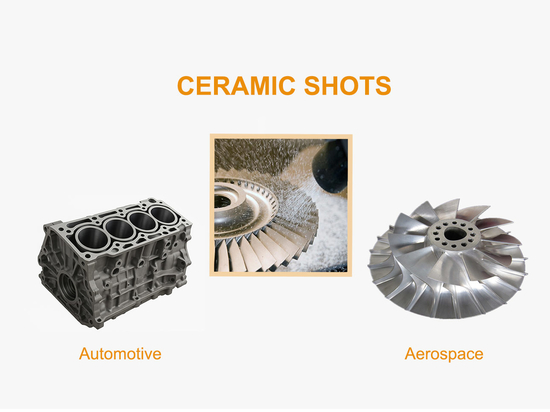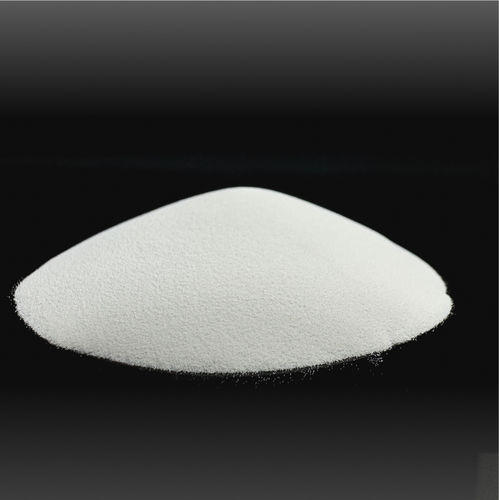
#Industry News
Water Blasting Technology: Applications & Media Selection Guide
Exploring the Versatility and Benefits of Water Blasting in Modern Surface Treatment: A Comprehensive Guide to Applications and Media Selection
1. Introduction: Why Water Blasting?
Water blasting (Wet Blasting) combines abrasive media with a controlled water stream, offering dust-free operation, better surface quality, and reduced material damage compared to dry blasting. It is widely used in aerospace, automotive, medical, and precision manufacturing for eco-friendly and high-precision surface treatment.
2. Key Applications
2.1 Aerospace & Precision Manufacturing
Turbine Blades & Engine Components – Oxidation removal, fatigue resistance improvement.
Titanium & Nickel Alloys – Corrosion resistance enhancement.
Composite Materials – Gentle cleaning without fiber damage.
2.2 Automotive & EV Industry
Aluminum Parts & Battery Housings – Surface finishing, improved coating adhesion.
Braking & Suspension Components – Wear resistance and durability enhancement.
2.3 Medical Devices & Electronics
3D-Printed Metal Parts – Support removal and surface refinement.
Stainless Steel Implants – Improved biocompatibility.
Optical Glass & Electronic Components – Crack-free, precision cleaning.
2.4 Industrial & Mold Cleaning
Injection Molds & Welded Parts – Residue removal, longer lifespan.
Precision Gears & Valves – Lubrication improvement, wear reduction.
3. Selecting the Right Blasting Media
Ceramic Beads
Best for: Stainless steel, titanium, aluminum.
Uses: Precision polishing, matte finishing, oxidation removal.
Glass Beads
Best for: Aerospace, medical instruments.
Uses: Gentle cleaning, surface refinement.
Aluminum Oxide
Best for: Steel, hard alloys.
Uses: Rust and oxide removal, heavy-duty cleaning.
Silicon Carbide
Best for: Hard alloys, ceramics.
Uses: Surface strengthening, coating removal.
Plastic Media
Best for: Composites, fiberglass.
Uses: Light cleaning, paint removal.
Bicarbonate (Baking Soda)
Best for: Soft metals like aluminum, copper.
Uses: Gentle cleaning, paint removal.
4. Optimizing Blasting Parameters
Pressure (MPa)
Low (0.1–0.3 MPa): Soft materials (aluminum, plastic).
High (0.3–0.8 MPa): Hard materials (steel, titanium).
Water Flow & Media Concentration
High flow (30-50% media): Coating & oxide removal.
Low flow (10-20% media): Fine cleaning & polishing.
Nozzle Types
Wide-angle: Large areas.
Focused nozzle: Precision parts.
5. Future Trends
✅ Eco-Friendly Solutions – Recyclable media & water-based alternatives.
✅ Smart Automation – AI-controlled blasting for consistency.
✅ Nano-Finishing – Ultra-fine ceramic beads for medical & semiconductor use.
✅ Growing Applications – Lightweight materials in EVs & aerospace.





